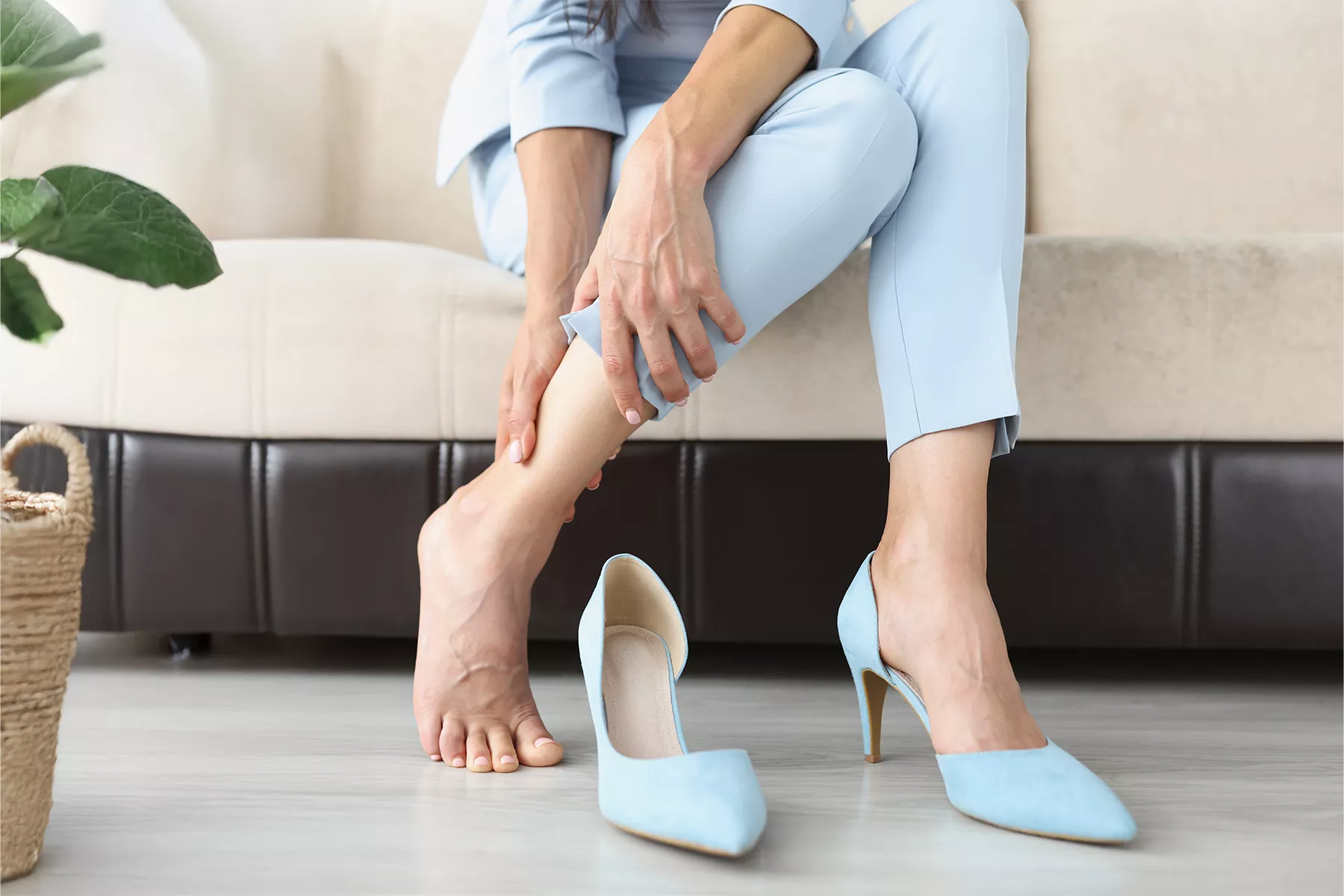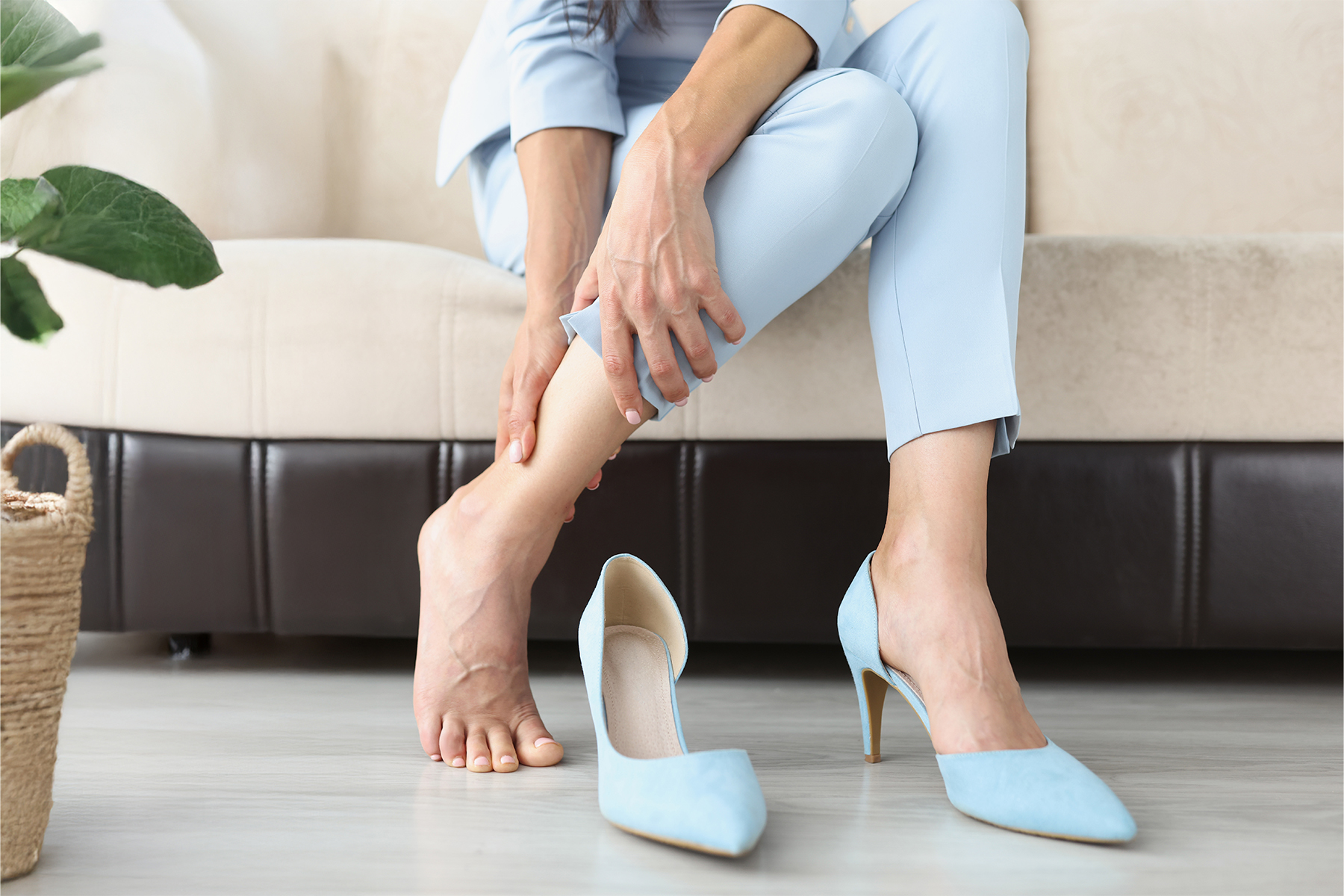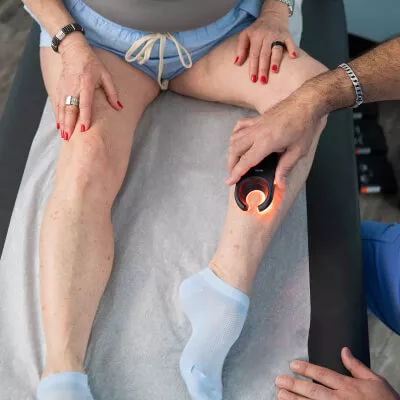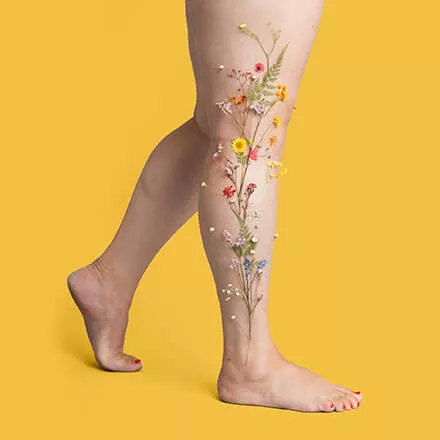Despite vein disease being so prevalent in the U.S., many misconceptions exist about this common health issue. These misconceptions can lead to confusion, delayed treatment, and even unnecessary anxiety. Understanding the facts about vein disease is the first step towards taking control of your overall health. This post will explore seven common myths about vein disease as well as provide the facts you need to know about vascular and leg health.
Myth vs. Fact: Who Gets Vein Disease?
Myth: Vein disease primarily affects women and older adults.
Fact: While it's true that women are more likely to develop vein disease, particularly due to hormonal fluctuations, men can also be affected. While the risk of vein disease does increase with age, it can occur at any stage of life, even in younger adults. Contributing factors such as genetic predisposition, lifestyle, and certain medical conditions can contribute to vein disease regardless of age or gender.
The Truth About Vein Disease Causes
Myth: Crossing your legs or wearing high heels causes varicose veins.
Fact: These are common misconceptions. While prolonged sitting or standing can contribute to vein problems, crossing your legs or wearing high heels does not directly cause varicose veins.
The primary cause is chronic venous insufficiency, a condition where the valves in your veins don't work properly, leading to blood pooling in the legs. Genetics plays a significant role, and other contributing factors include obesity, pregnancy, and a sedentary lifestyle.
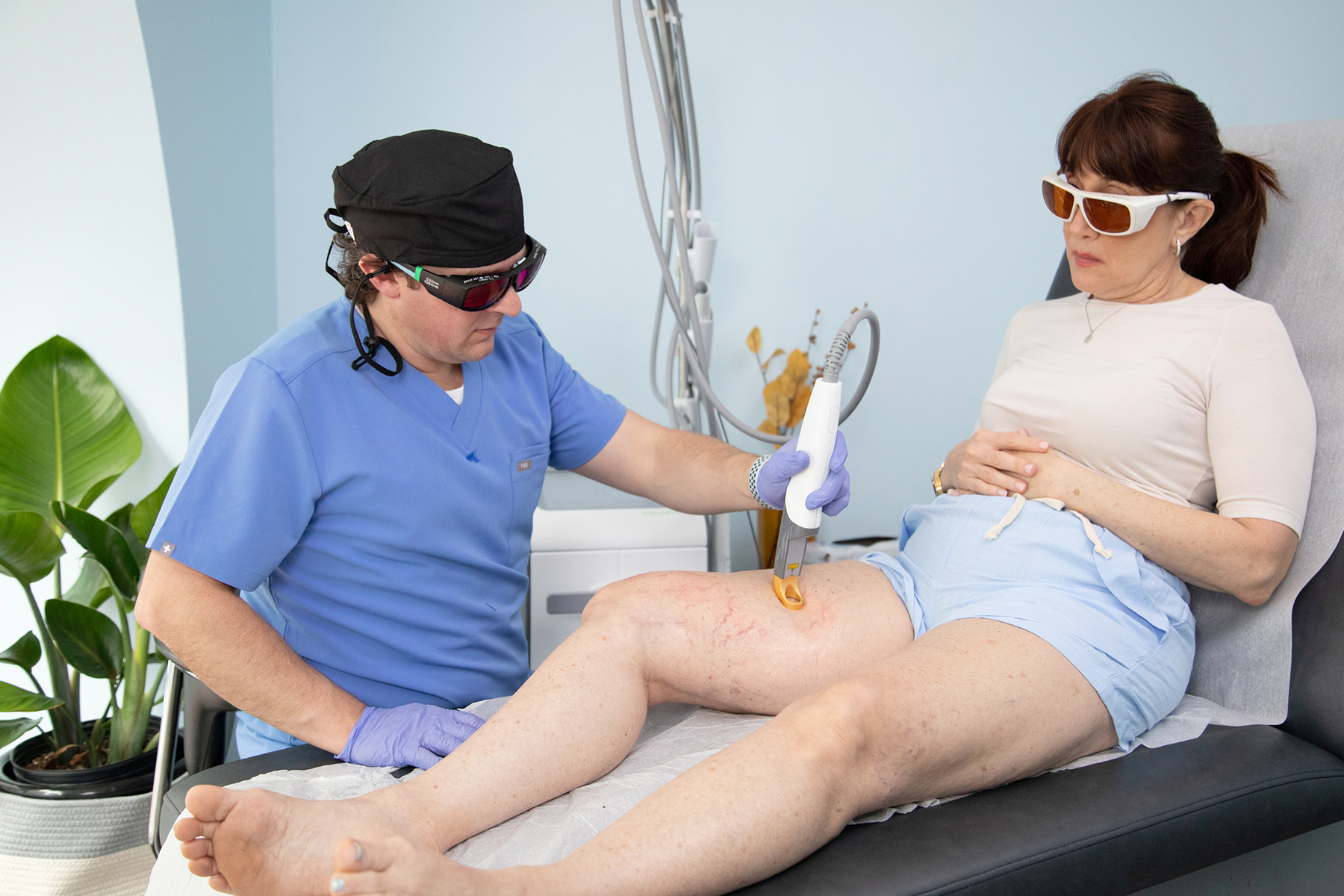
Debunking Treatment Misconceptions
Myth: Vein treatment is painful and requires invasive techniques.
Fact: This is an outdated notion. Modern vein treatments are minimally invasive, typically performed in an office setting, and involve minimal discomfort. Procedures like endovenous laser ablation (EVLA), radiofrequency ablation (RFA), and sclerotherapy are highly effective and require only small incisions or injections.
Vein Disease: More Than Skin Deep
Myth: Varicose veins are just a cosmetic issue.
Fact: While varicose and spider veins can certainly affect appearance, they are also a sign of an underlying medical condition. Untreated vein disease can lead to more serious complications, including pain, swelling, skin changes, and even leg ulcers. It's always best to seek medical evaluation for any vein concerns, even if they don't seem concerning.
The Facts About Prevention and Management
Myth: Lifestyle factors can't prevent vein disease.
Fact: Lifestyle changes can help reduce the risk of developing vein disease and help manage existing conditions. These include:
- Regular exercise promotes healthy circulation and strengthens leg muscles.
- Maintaining a healthy weight reduces pressure on your veins.
- Compression therapy (with medical-grade stockings) can help improve blood flow.
- Elevating your legs reduces swelling and promotes venous return.
- A healthy diet supports overall vascular health.
While lifestyle changes can't "cure" vein disease, they can play a vital role in prevention, managing symptoms, and slowing its progression.
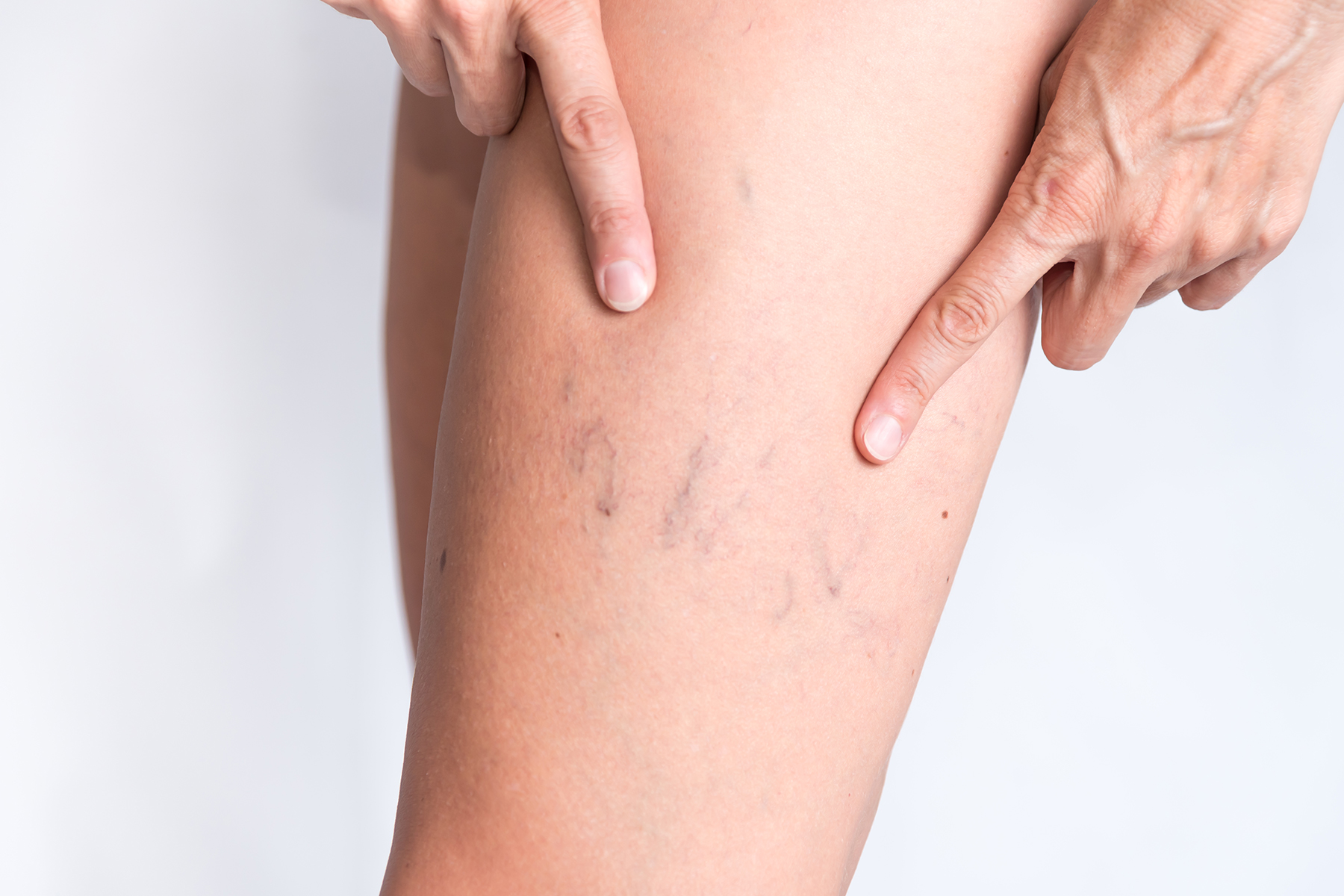
The Future of Vein Care
The future of vein care is bright, with ongoing research and development leading to even more effective and less invasive treatments. Researchers are exploring new technologies like high-intensity focused ultrasound (HIFU) and advancements in drug therapies. Personalized medicine, tailored to individual patient needs, is also gaining traction. These advancements offer hope for improved outcomes and a better quality of life for those living with vein disease.
Concerned about your vein health? Separate fact from fiction and schedule your free comprehensive evaluation today.
Frequently Asked Questions
How does pregnancy affect the development of varicose veins, and can it be prevented?
Pregnancy hormones can relax vein walls, and the increased weight of the growing uterus puts extra pressure on pelvic and leg veins. While you can't entirely prevent varicose veins during pregnancy, regular exercise, wearing compression stockings, and elevating your legs can help manage symptoms and reduce their severity.
What's the relationship between exercise and varicose vein development or management?
There is a beneficial relationship between exercise and varicose veins. Regular exercise is beneficial for vein health. It improves circulation, strengthens leg muscles (which act as pumps for your veins), and helps maintain a healthy weight. While exercise can't reverse existing varicose veins, it can help manage symptoms and prevent them from worsening.
Are there any new, non-invasive treatments on the horizon for chronic venous insufficiency?
Yes. Researchers are exploring new non-invasive treatments, such as High-Intensity Focused Ultrasound (HIFU), which uses focused sound waves to target and treat varicose veins without incisions. While still under investigation, it holds promise for the future of vein care.
Can dietary changes significantly impact the progression of vein disease?
Yes. A healthy diet plays a supporting role in vein health. A diet rich in fiber, antioxidants, and lean protein can support overall vascular wellness. While diet alone won't "cure" vein disease, it can contribute to managing symptoms and promoting healthy circulation.
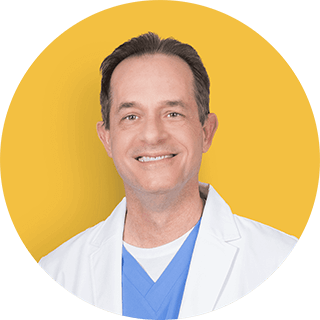
Dr. Philip LoPresti
Meet Dr. Philip LoPresti DO, DABVLM, FACS, a board-certified vein specialist and surgeon with over 20 years of experience. Schedule an appointment with him in Queens, NY today.
Meet Dr. Philip LoPresti
Trusted insight from the nationally accredited, board-certified vein doctors at Metro Vein Centers.


